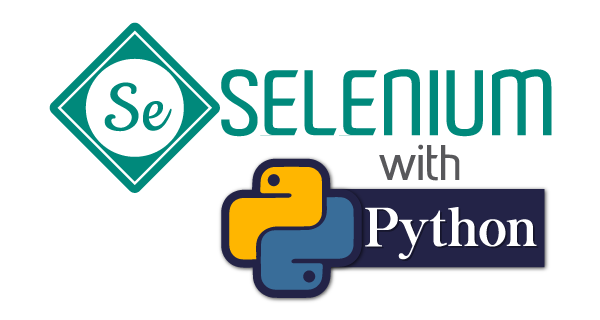Python is a versatile programming language that can be used for web development, machine learning, and complex data processing. Its simplicity and ease of use make it an ideal language for beginners. In this blog, we will discuss seven effective ways to learn Python for beginners.
Quick Link to Specific Topic:
- What is the best way to learn Python?
- What is the significance of knowing how to learn?
- Code Everyday
- Write It Out
- Take Breaks
- Teach
- Pair Program
- Build Something, Anything
- Contribute to Open Source
# What is the best way to learn Python?
I believe that understanding how to learn should be the first step in learning any programming language. Maybe the most crucial talent in computer programming is the capacity to learn how to learn.
What is the significance of knowing how to learn?
The simple solution is that libraries and tools are created as languages advance. Being a skilled coder and staying current with these developments both need the ability to learn.
We’ll cover a variety of learning strategies in this post to get you started on the road to mastering Python programming!
Code Everyday
Consistency is key when learning a new language. To develop muscle memory, we recommend committing to coding every day. Start with 30 to 40 minutes a day and gradually increase your time. To make it easier, you can participate in the 30-minute a day Automation using Python challenge.
Write It Out
Taking notes is essential for long-term memory. Writing by hand is even better, according to studies. It’s especially useful for full-time developers, as whiteboard coding is common in interviews. You can also use writing to plan your code and determine which functions and classes you’ll need.
Take Breaks
Taking breaks is crucial to digesting information. Use the Pomodoro Technique: work for 25 minutes, take a short break, and repeat. Fresh eyes can make a significant difference in finding errors.
Teach
Teaching is a great way to learn. You can whiteboard with other Python enthusiasts, write blog pieces, or produce videos to explain concepts. This will solidify your comprehension and expose any gaps in your knowledge.
Pair Program
Pair programming is when two developers collaborate on a single workstation to execute a task. This method provides numerous benefits, such as having someone examine your code and exposing you to different concepts and methods of thinking.
Build Something, Anything
Once you’ve learned basic data structures and object-oriented programming, start building. There are many beginner Python project ideas available online, such as a number guessing game or a simple calculator app. Building will help you gain confidence in Python and develop muscle memory.
There are numerous lists of ideas for beginner Python projects available online. Here are a few suggestions to get you started:
- Number guessing game
- Simple calculator app
- Dice roll simulator and so on
Contribute to Open Source
Contributing to open-source Python projects is an excellent way to gain valuable experience and learn best practices. Many businesses release open-source projects, and anyone can contribute. This will also give you the opportunity to interact with other developers.
To summarize, learning Python requires understanding how to learn, consistency, note-taking, taking breaks, teaching, pair programming, building projects, and contributing to open source. By following these tips, you can become a rockstar Python programmer in no time!
Enjoyed this post!
Your support helps me create more valuable content. Thank you!
Enjoy !!! See Yaaa, Next.



